Necessary Always Active
Necessary cookies are required to enable the basic features of this site, such as providing secure log-in or adjusting your consent preferences. These cookies do not store any personally identifiable data.
|
||||||
|
||||||
|
||||||
|

One thing is certain about the rapid advancement of AI: it has only scratched the surface of its potential. The first wave of AI hardware evolution crowned AI chip companies like NVIDIA and AMD as winners.
At the core of modern AI, AI chips are the fundamental building blocks powering the next generation of AI applications from generative AI to edge computing and autonomous vehicles.
AI relies on specialized hardware to process the large datasets used for building and training machine learning models or large language models (LLMs), unlike general-purpose hardware like CPUs that perform computational tasks.
Furthermore, AI systems derive their power and parallel processing speed from AI chips. These AI chips from the best AI chip companies vary in design and purpose, enabling real-time processing, complex model training, and efficient inference.
Some of the most common types include:
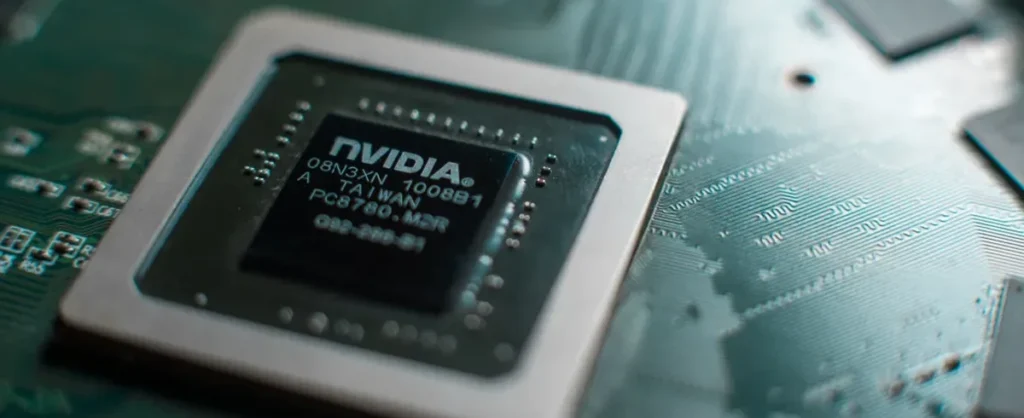
Company Overview: Founded in 1993, Nvidia has grown to be a global leader in AI chip technology. This AI chip company is known for engineering the most advanced AI chips designed for the AI factories of the future. It stands as the undisputed leader in AI computing, primarily due to its pioneering work and continued dominance in Graphics Processing Units (GPUs).
Key Innovations: Over the years, NVIDIA has developed a timeline of innovations from 3D Graphics for gaming to GPU architectures. NVIDIA’s Blackwell GPU Architecture is a major focus, offering significant advancements in performance and energy efficiency for AI workloads, including large language model (LLM) training and inference.
NVIDIA has released various Blackwell-powered GPUs, including the RTX PRO 4500, RTX PRO 5000, and RTX PRO 4000, which deliver breakthrough AI performance, neural graphics, and efficiency for professionals in AI, neural rendering, and precision workflows.
Market Momentum & Use Cases: NVIDIA is collaborating with companies like Microsoft to accelerate agentic AI innovation, integrating NVIDIA products into Microsoft platforms and deploying hundreds of thousands of NVIDIA Blackwell GPUs across Azure data centers.
The Blackwell architecture is being utilized in various industries, including media and entertainment, with companies like Pixar Animation Studios and Lucasfilm Ltd. leveraging the technology to enhance their creative workflows.
Why They Matter in 2025: NVIDIA’s continuous innovation in GPU architecture, robust software, and strategic expansion solidify its undisputed leadership in AI chip development and deployment, making it a critical company to watch.
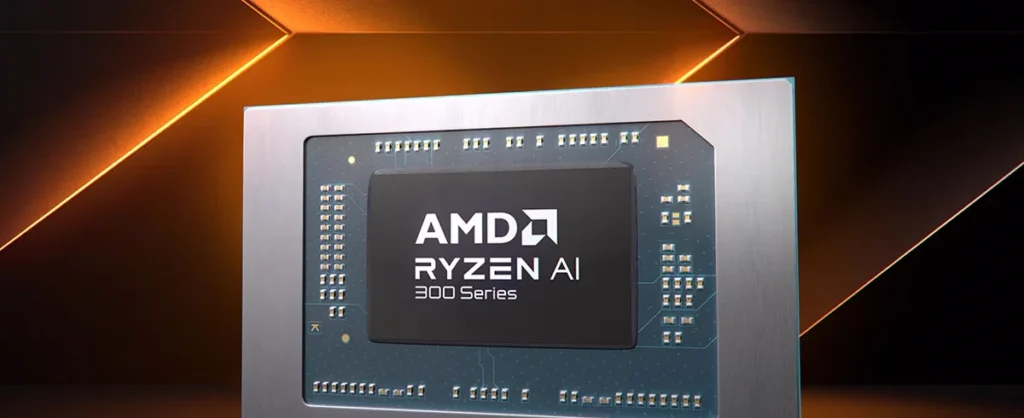
Company Overview: AMD has emerged as a formidable challenger in the AI chip space, effectively keeping pace with AI innovations in both CPUs and GPUs to provide competitive solutions for diverse AI workloads.
Key Innovations: AMD’s Instinct MI300 Series, including the MI300X and MI325X GPUs are designed for large-scale AI training and inference tasks. The MI325X has demonstrated up to 30% better performance than its predecessor, the MI300X, in fine-tuning large language models like Llama 2-70B-LoRA.
As of January 2025, AMD offers the most comprehensive lineup of next-gen mobile PC processors including the Ryzen AI 300 Pro series and Max for Enterprise PCs supporting Copilot+ PCs among all PC processors.
Market Momentum & Use Cases: AMD is gaining a growing presence in AI PCs and handheld gaming devices. AMD’s hardware is also increasingly used in AI-driven data centers, offering scalable solutions for machine learning and data processing. Its powerful GPUs accelerate AI workloads, making them ideal for autonomous vehicle development, including real-time decision-making.
Why They Matter in 2025: AMD Ryzen PRO processors with an integrated on-chip AI engine are advancing business productivity across industries. The AMD Ryzen PRO laptop processors deliver the speed, reliability, and security they need, to get the job done. AMD’s focus on performance, efficiency, and scalability has driven the adoption of its hardware in AI-driven data centers, autonomous vehicles, and research environments.
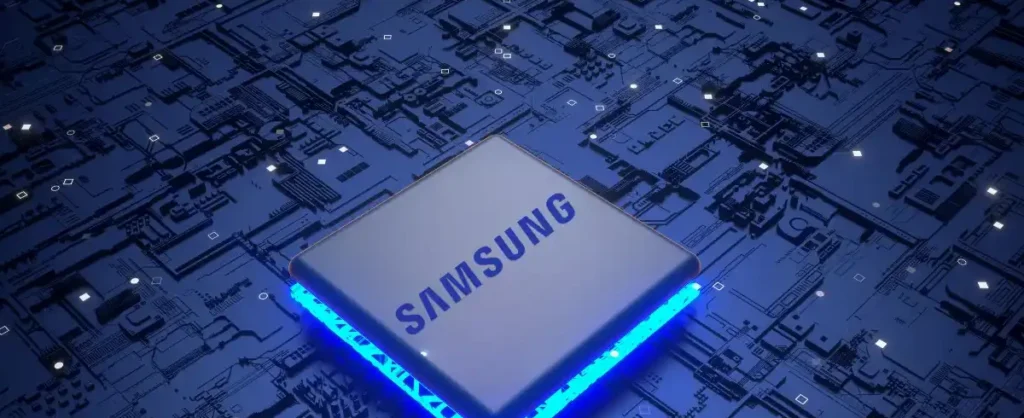
Company Overview: While Samsung is a global leader in consumer electronics and semiconductors, they have also ventured into AI chip development with its Exynos series.
Key Innovations: Samsung’s new thin AI chip (LPDDR5X DRAM) is designed to enhance thermal efficiency and airflow in mobile phones. Samsung Electronics recently started mass production of the thinnest chip, which offers significant improvements over its predecessors, including a 9% reduction in thickness and a 21.2% improvement in heat resistance.
In terms of performance, the chip provides data processing speeds up to 10.7 Gbps and 25% better power efficiency with longer battery life for mobile devices and reduced energy consumption for servers.
Market Momentum & Use Cases: Despite facing challenges in Q1 2025, including weakening demand for AI chips and trade tensions, the company is strategically shifting its focus. It aims to secure more foundry contracts with leading AI chip designers while integrating AI across its diverse consumer electronics portfolio.
Samsung’s AI chips are tailored for mobile devices, smart appliances, and edge computing applications. By integrating advanced AI capabilities into mobile devices, Samsung enhances user experiences, including real-time translation, photography, and personalized recommendations.
Why They Matter in 2025: The company’s chips are also driving smart home technology and wearable devices. Samsung’s focus on mobile and edge computing positions it as a key player in bringing AI to everyday devices, enabling smarter interactions and real-time processing at the device level, minimizing reliance on cloud infrastructure.
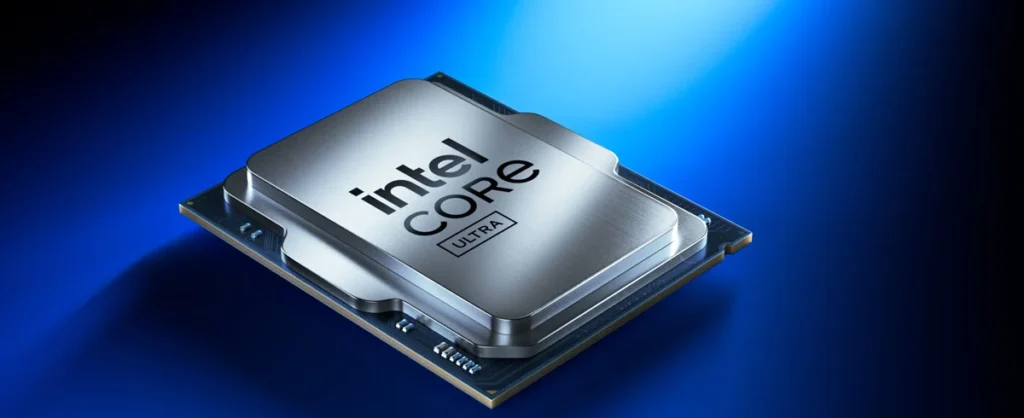
Company Overview: With 50 years of unmatched innovation and global scale, Intel continues to deliver AI experiences that power businesses with industry-defining platforms.
Key Innovations: Intel’s Gaudi 3 AI Accelerators are designed to deliver simple, cost-effective AI scalability for even the largest and most complex deployments.
The Intel Core Ultra Processors (Series 2), unveiled at CES 2025, integrate Neural Processing Units (NPUs) for AI PCs and edge computing, aiming to bring AI capabilities directly to client devices. Their Xeon Processors continue to be relevant in data centers, now with enhanced AI capabilities. Intel also strongly focuses on an open software stack that supports frameworks like PyTorch and Hugging Face.
Market Momentum & Use Cases: Intel is expanding the availability of its Gaudi 3 processor through partners like Dell AI Factory. The company is pushing AI to the edge and into commercial PCs, making it more accessible across industries.
Despite facing challenges and stock declines due to fierce competition in the AI chip market, Intel’s strategic partnerships, such as with Microsoft, and ongoing product launches demonstrate its commitment to regaining market share in high-growth AI sectors. In addition, Imperial College London has selected Intel Xeon 6 for its latest HPC supercomputer, offering enhanced compute performance for scientific research while minimizing its environmental footprint.
Why They Matter in 2025: Intel’s commitment to delivering competitive AI accelerators, integrating AI into mainstream computing platforms, and fostering an open ecosystem positions it as a key player in diversifying the AI chip landscape.
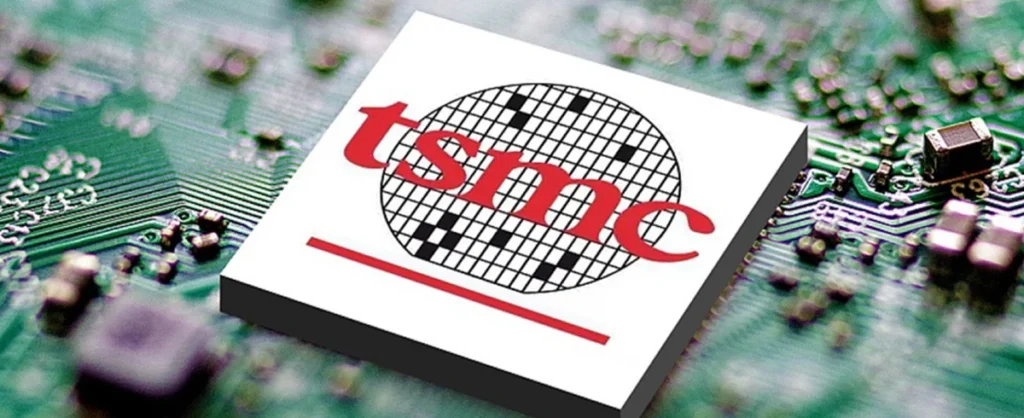
Company Overview: Another AI chip company to watch out for is Taiwan Semiconductor Manufacturing Company (TSMC). It is the world’s largest contract semiconductor manufacturer and plays a pivotal role in the AI chip market. TSMC is an indispensable partner for virtually every major AI chip designer globally. It is the crucial enabler of advanced AI hardware.
Key Innovations: TSMC’s leadership is defined by its advanced fabrication technologies, particularly its 3-nanometer (3nm) and upcoming 2nm processes. These technologies are unmatched in efficiency and performance, making them vital for producing the most powerful and energy-efficient AI chips. The company is also at the forefront of 3D Packaging and Chiplet Technology, which allows for greater integration and performance in complex AI designs.
Market Momentum & Use Cases: TSMC May Revenue Jumps 40% as AI Chip Demand Stays Strong. TSMC’s chairman and CEO, C.C. Wei, informed shareholders in June that the company’s revenue and profits are set to reach new historical highs. This growth is driven by aggressive efforts to scale production and meet the very high demand from AI customers.
Why They Matter in 2025: While not designing AI chips themselves, TSMC’s unparalleled manufacturing capabilities make it the fundamental pillar of the entire AI chip industry. Without TSMC’s advanced foundries, the groundbreaking innovations from companies like NVIDIA and AMD would be severely limited, cementing its critical and irreplaceable role in 2025 and beyond.
AI has continued to transform industries and enhance efficiency by automating repetitive tasks to free up time for more strategic work. AI chips, made from semiconductors (usually silicon) and transistors are designed to handle the demanding computational requirements of AI system workloads.
The escalating demand for AI chips is propelled by several key forces. A primary driver is the critical need for energy efficiency in AI processing, which is vital for sustainability and enabling deployment across diverse environments. Simultaneously, the growing adoption of edge inferencing is pushing demand, as AI is increasingly required to operate directly on devices such as for lower latency, enhanced privacy, and reduced dependency on cloud infrastructure.
The emergence of custom accelerators, specialized hardware designed to maximize performance and efficiency for specific AI workloads, also contributes significantly to this demand.
Furthermore, geopolitical influences, particularly the strategic US-China chip rivalry, underscore the importance of AI chip production and profoundly impact global supply chains and technological leadership.
In 2025, NVIDIA, AMD, Samsung, Intel, and TSMC collectively stand as the core innovators driving the AI landscape. Their advancements in chip architecture and manufacturing are fundamentally shaping the capabilities of artificial intelligence.
This market remains intensely dynamic and competitive, with each company pushing the boundaries of what’s possible in AI processing.
The future of AI chips, and indeed the broader AI revolution, hinges directly on their continuous innovation and strategic growth.
These 5 best AI chip-making companies are truly defining the pace of progress for the latest in AI chips and beyond.
Sign up to receive our newsletter featuring the latest tech trends, in-depth articles, and exclusive insights. Stay ahead of the curve!